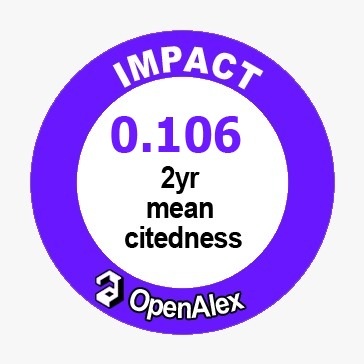Examination on translation universals and evaluation through corpora
DOI:
https://doi.org/10.55220/2576683x.v8.193Keywords:
Corpora, Descriptive translation studies, Empirical studies, Translation evaluation, Translation universals.Abstract
This article explores the profound impact of corpora on Translation Studies, particularly in uncovering translation universals and enhancing evaluation methods. Corpora, which are collections of authentic language data, serve as an objective foundation for translational research. The article delves into four key universal characteristics of translated texts: simplification, explicitation, normalization, and leveling out. Simplification refers to the tendency of translated texts to use less complex language, explicitation involves spelling out implicit information, normalization emphasizes conformity to target language patterns, and leveling out suggests a convergence towards typical target language features. Through corpus-based approaches, the objectivity of translation evaluation is significantly improved, as they provide concrete criteria for assessing translation quality, thereby addressing the subjectivity inherent in the field. The article emphasizes the enrichment that corpora have brought to Descriptive Translation Studies and highlights their potential to foster more objective evaluation and teaching methods. Looking towards the future, the integration of corpora in translation studies promises continued interdisciplinary advancements, propelling innovation in translation research and education.







